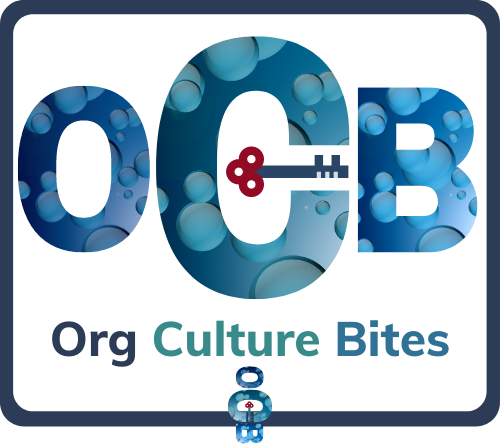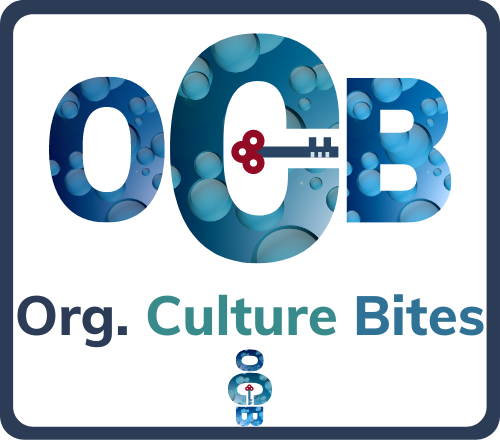-
 play_arrow
play_arrow
-
 play_arrow
play_arrow
-
 play_arrow
play_arrow
-
 play_arrow
play_arrow
Getting serious about the governance of organisational culture – do you have the right expertise for your board?
Angela February 12, 2019 64

There is a societal shift occurring across Australia that boards and leaders must be aware of; firstly, that the corporate focus is moving away from ‘Wall Street led’ capitalism, to more customer led, community conscious and sustainable business practices. Secondly, the government is moving away from major party power plays determining leadership to independent voices representing community interests and issues.
On the back of high profile Royal Commission investigations, cultural debacles in sports combined with plunging public trust in government and business… its time Australian Boards take real, tangible action to shift our corporate culture paradigm in line with external expectations.
We have heard multiple and compelling requests to improve governance focus on Culture in the media, however there is not a great deal of coverage about what boards (and organisations) are actually doing to address and (re)build it.
In a functioning board, you would typically see experts from legal, technical and commercial backgrounds, reflecting governance requirements, industry expertise and the business agenda. Given the increased significance of culture, it begs the question – “is it time that boards seriously consider including Culture and Human Capital expertise in board representation, meetings and decision making, to better elevate the upside of opportunity and minimise risk?”
The inaugural Global Director Sentiment Survey conducted in 2018 (results published in AICD November 2018) highlighted the significant focus Boards now have on issues at the heart of the ‘Human Capital’ domain. The top 3 most relevant environmental and social issues and risks in organisations globally are:
1. Ethical Behaviour (72%)
2. Health & Safety (65%)
3. Employee Engagement (57%)
Furthermore, 62% of surveyed directors said ‘Background and Experience’ were very important in their board recruitment considerations, followed by the significance of ‘Skills’ at 59%. This would suggest that expertise and experience in the Human Capital arena would be vital for any board serious about addressing these critical risks.
Culture directly influences internal actions, decisions and behaviours in organisations, which in turn, have a ripple effect on external customers, community, reputation and sustainability. Culture can be ‘high opportunity,’ or ‘high risk,’ depending on how it is actively monitored and managed.
We know that systemic cultural issues and risks are not being considered or uncovered enough in governance activity. Issues raised are often ignored, deemed to be not ‘business critical,’ too complex (especially in the short term) or too sensitive to manage. Even when identified, cultural issues are not always addressed in ways that are robust and effective enough to deliver the required integration or ‘long term’ change.
If not now, then when will there be a better time to champion the case for representation of commercially astute, experienced Human Capital professionals on Australian Boards?
© 2015 - 2019 Orgculturebites. Trademarks and brands are the property of orgculturebites


Post comments (0)